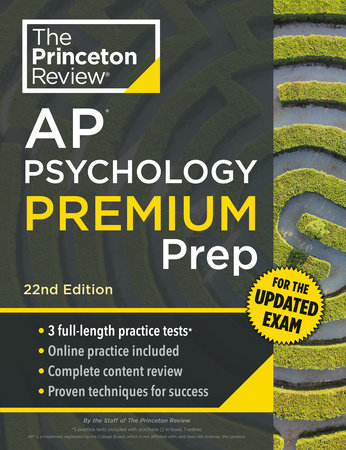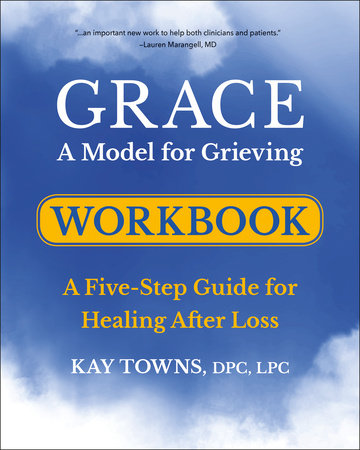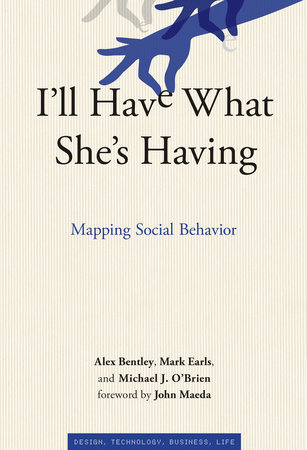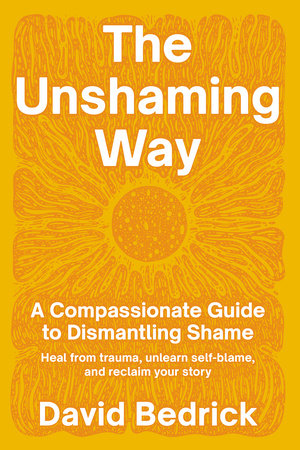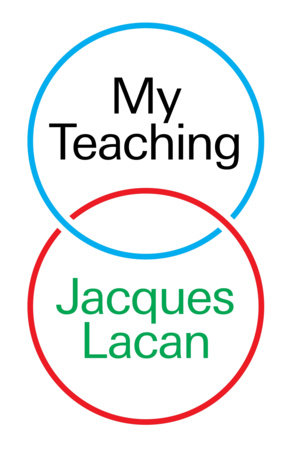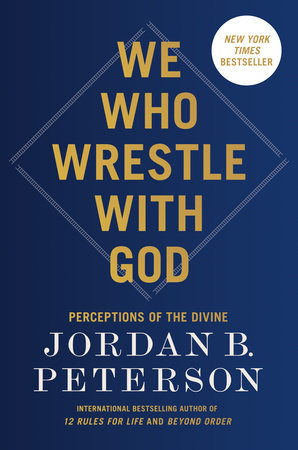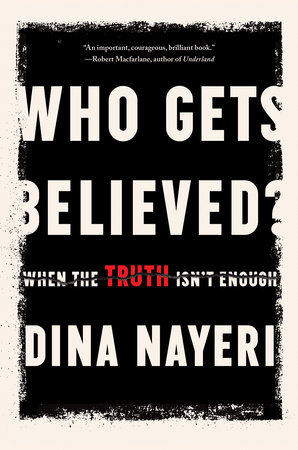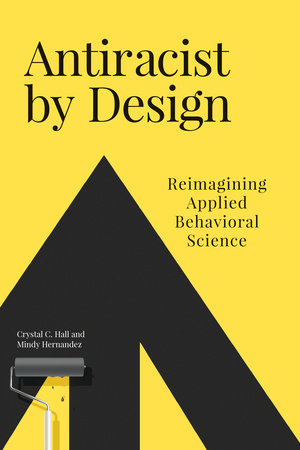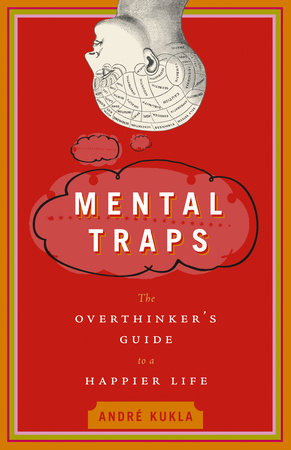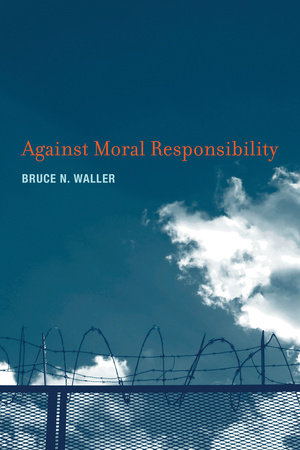Author Q&A
You’ve previously published books on philosophy and psychology aimed at an academic readership. Can you tell us why you decided to write for the general public?
I didn’t start with a decision to write for the general public. I decided to write about certain ideas that I had developed about the mind. Having made that decision, I discovered that the friends and relatives who were shown excerpts of the work in progress found these ideas as interesting and as useful as I did. All I had to do to make the book widely accessible was to avoid using professional jargon.
In some ways, writing for non-specialists has resulted in a more authentic work – it’s enabled me to give free rein to literary values that I’ve always had to compromise in my academic writing. I’ve allowed myself to speak in my own voice, express a range of attitudes from the ironic to the reverential, and dispense with ugly footnotes!
What inspired you to write about this topic? Is there a story about the writing of Mental Traps that begs to be told?
The content of the book is based on my engagement with Buddhist literature, as well as with living teachers. To sum up its message in a single phrase: Buddhism teaches that we should perform all of our acts mindfully. In the course of attempting to live by this precept, I noticed that lapses from mindfulness fall into recurring and readily identifiable types. These types of unmindfulness are the mental traps. Having tags available for the identification of mental traps made it much easier to catch myself when I fell into one. It also enabled me to see more clearly how these modes of thinking and acting depleted my energy without giving me anything in return.
What is your favourite aspect of this book, and why?
Despite the Buddhist origin of its guiding ideas, the book makes no use of Asian or New Age terminology–it’s cast entirely in the language of everyday life in the West. It’s also as clear a presentation of its topic as a card-carrying philosopher can make it. Mental Traps contains no appeal to exotic or facile solutions to life’s problems, no hand-waving, no deliberate mystification, no empty promises. The first chapter tells you what you’re going to get, and the remaining chapters give it to you.
As far as I know, Mental Traps is the only book ever written from the first-person plural point of view. I made this stylistic choice to emphasize the fact that I don’t aspire to be anybody’s guru or therapist. If I did, I would write about their mental traps, and my book would consist mainly of case histories of spiritual or clinical successes (“Joan R., a 37-year-old manager of a fast-foods franchise, suffered from chronic amplification since the age of 12 …”) But I learned about mental traps by self-observation – I’m the guy with the problems. What I learned from these introspective exercises has greatly improved the quality of my life. Maybe it’ll do the same for you. Maybe it won’t. We – you and I and Joan R. – are all on a voyage of discovery together, and nobody is captain.
Are there any tips you would give a book club to better navigate their discussion of Mental Traps?
Don’t be in too much of a rush to get rid of mental traps. Enjoy the game of learning to identify them in the activities of daily life. This descriptive knowledge is already an increment of wisdom. And when you see the traps with total clarity, they fall away by themselves.
What question are you never asked about your work but wish you were?
If I could think of a question that I want to be asked, I wouldn’t wait to be asked–I would raise the question and supply my answer in the book itself.
Which authors and thinkers have been most influential to your own writing?
In matters of content, the Buddha (of course), Lao Tse, Meister Eckhard, Gurdjieff, Jung, and Krishnamurti. All of these have made major contributions to the art of living. In matters of style, Bertrand Russell, Aldous Huxley, Jerry Fodor, and Lao Tse (again). Russell has been my model for translucent prose that states neither more nor less than what the author wants to say. Huxley showed me how to reconcile the sometimes incompatible claims of intellectual and literary values, i.e., of the True versus the Beautiful. Fodor did the same for the True versus the Funny. Lao Tse’s lesson, which I have not yet learned, is how to use silence to express the inexpressible.
If you weren’t writing, what would you want to be doing for a living? What are some of your other passions in life?
I’m strongly attracted to stand-up comedy, particularly the funny-idea style of stand-up exemplified by George Carlin and Steve Reich. But that’s not another passion in addition to philosophical writing–it’s the same passion in the service of different goals (the True versus the Funny again). In the end, both the philosopher and the stand-up comic are people who love to tinker with concepts.
I do have another passion that’s as strong as my attraction to conceptual mechanics: music. If I could live three lives in parallel, one of them would be my actual philosophical life, another would be lived as a standup comic, and my third life would be spent sitting on a barrel in front of a country store, playing soulful blues harmonica. I have a recurrent fantasy of being asked an intricate question at a scholarly conference, whipping out my blues harp, and saying (as Brownie McGee said to Sonny Terry on Sail Away): “Well, I don’t know much about that–I’m just gonna let my harmonica do the talking for me.”
If you could have written one book in history, what book would that be?
The Tao Te Ching. In Chinese.



